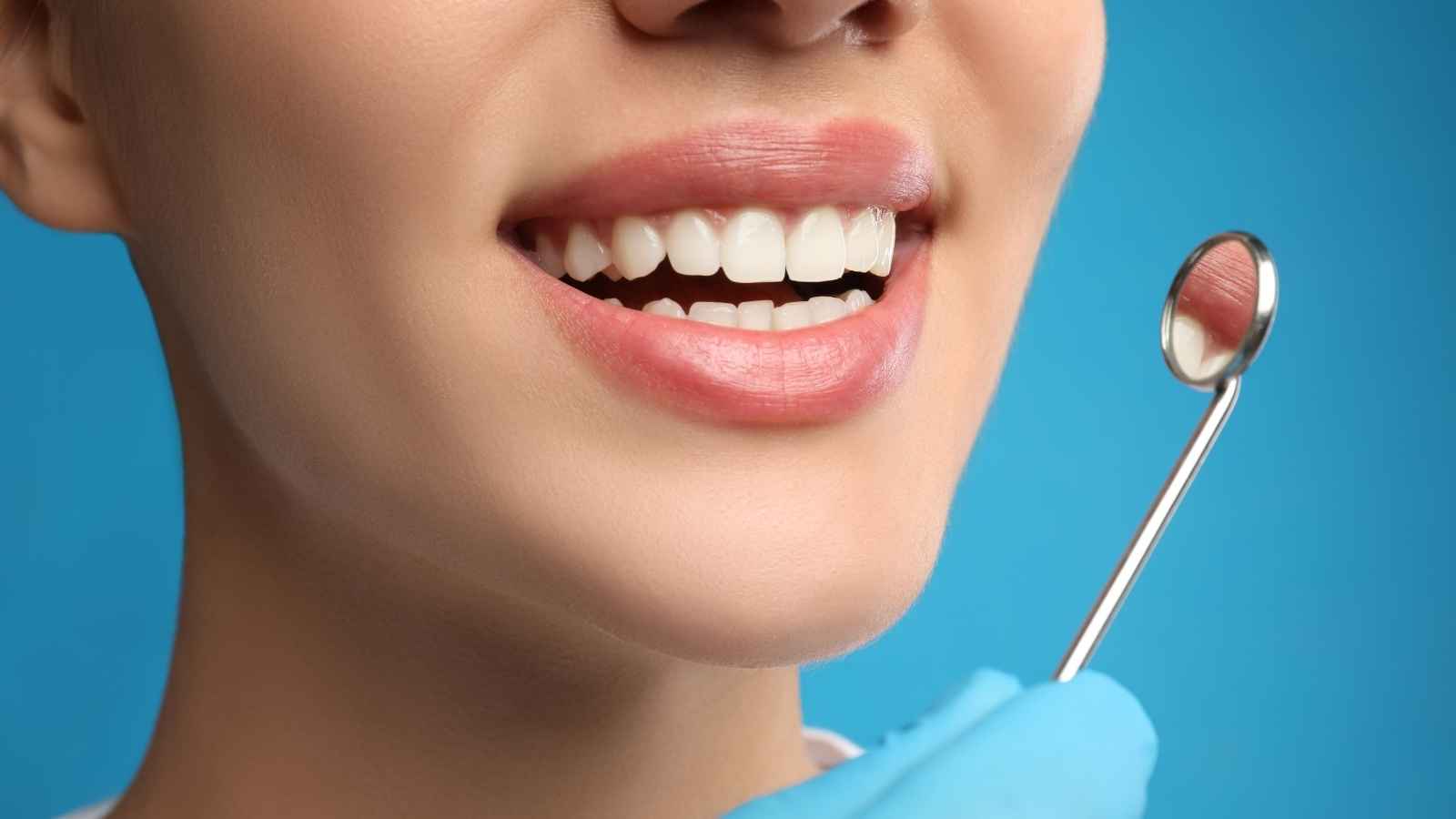245 11th Ave NE Hickory, NC 28601
How Long Do Dental Implants Last?

The growing popularity of dental implants as a means of tooth replacement can be attributed to their ability to provide great aesthetic appeal and durability, two qualities highly desired in any tooth replacement system. Yet one question remains on most patients’ minds: how long do dental implants last?
When discussing the longevity of dental implants, it is not just a question of the titanium screw. Several components, as well as lifestyle choices, influence longevity. Knowing these factors will help you maximize your investment.
Average Lifespan of a Dental Implant
A dental implant Hickory that is properly placed and maintained can remain functional for an average of 15 to 25 years, and in exceptional cases, even for a lifetime. Even the titanium post itself proves to be extremely sturdy, as it very rarely needs to be replaced. Most of the time, it is left untouched and remains very functional for decades.
However, the crown part added to the implant is prone to everyday wear and tear. While it does not affect the stability of the implant in question, it has a much shorter lifespan, and, at times, 10 to 15 years later, it may have to be replaced due to wear and tear. However, the life of the crown can also be extended with the proper type of care.
What Affects the Longevity of Dental Implants?
Although implants are designed to be durable, various factors can influence their lifespan, potentially shortening or lengthening it. Here is what counts as a major determinant:
- Hygiene in the Mouth: Regular brushing and flossing will help keep the gums healthy and prevent infections from entering the implant site.
- Smoking and Drinking Habits: These have detrimental effects, for example, reduced blood flow to the gums, resulting in a prolonged healing period and an increase in failure cases.
- Density of Bone: The Implant has to be supported by a solid jawbone. Low bone density and, hence, untreated bone loss may affect stability.
- Grinding or Clenching of Teeth: Continuous grinding, also called bruxism, adds additional pressure on the implant, thus causing mechanical failure or damage to the crown.
- Medical Conditions: Healing is slowed by autoimmune diseases and uncontrolled diabetes, and they may adversely affect the long-term integration of the implant.
How to Maximize the Life of Your Dental Implants?
To maximize the lifetime of your dental implants, you have to give them ongoing care and management. It just needs discipline.
- Brush twice daily and floss; use a soft-bristled toothbrush with nonabrasive toothpaste.
- Have your check-ups for cleaning and implant check-ups.
- Avoid hard and sticky foods that might stress the crown or abutment.
- Have a custom nightguard if you tend to grind teeth while asleep.
- Avoid smoking to maintain healthy gums and bone tissue.
Each of these small ingredients contributes to exponentially extending the implants and retention of overall oral health.
Dental implants are not just aesthetically pleasing, but they also act as a lifetime investment in health, comfort, and confidence. The implant post may last for life; however, its success depends largely on how you care for it on a day-to-day basis and ultimately your health choices. Give them some attention, and with some upkeep, your implants can serve you functionally and naturally beautifully for decades. After all, lasting smiles begin with a few smart decisions today.




